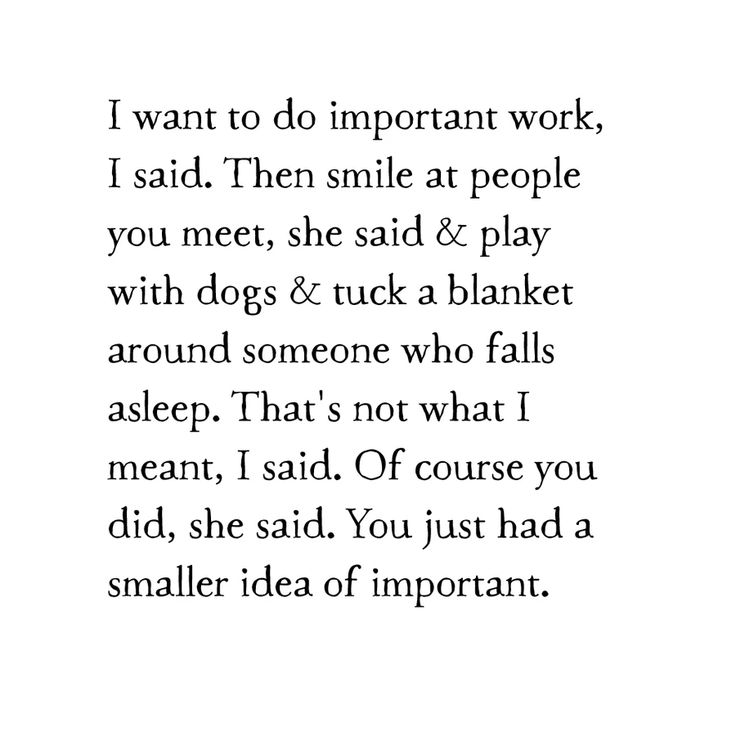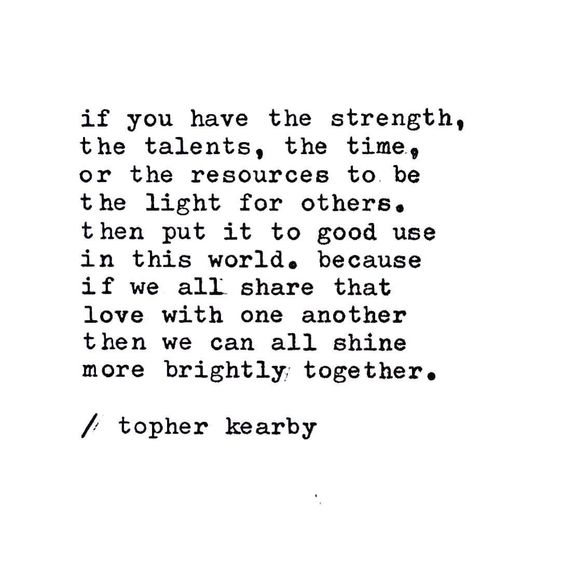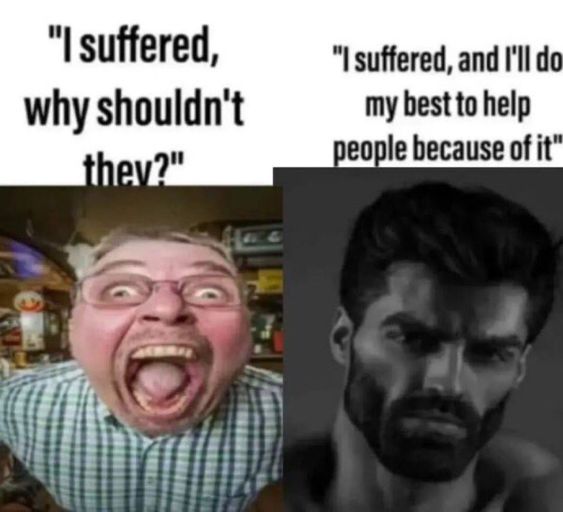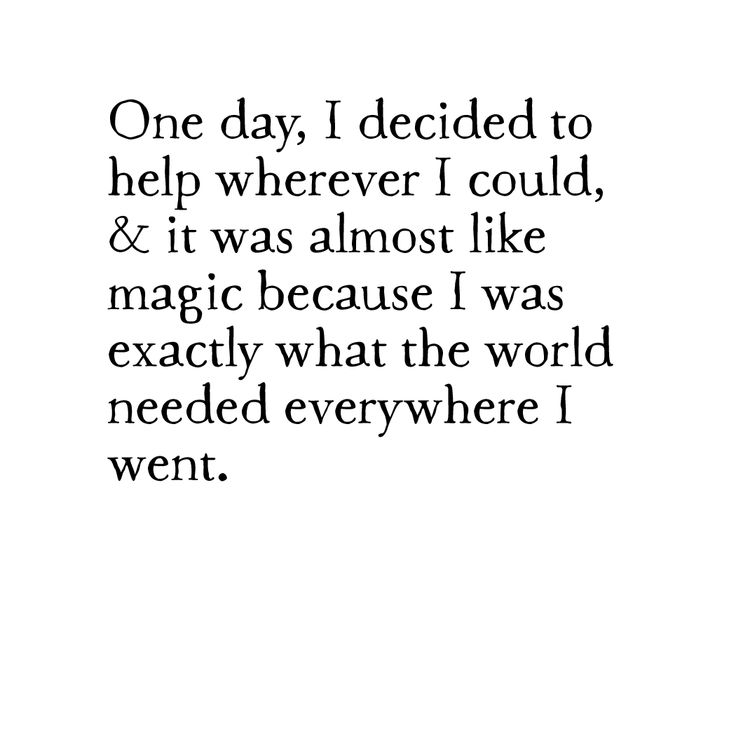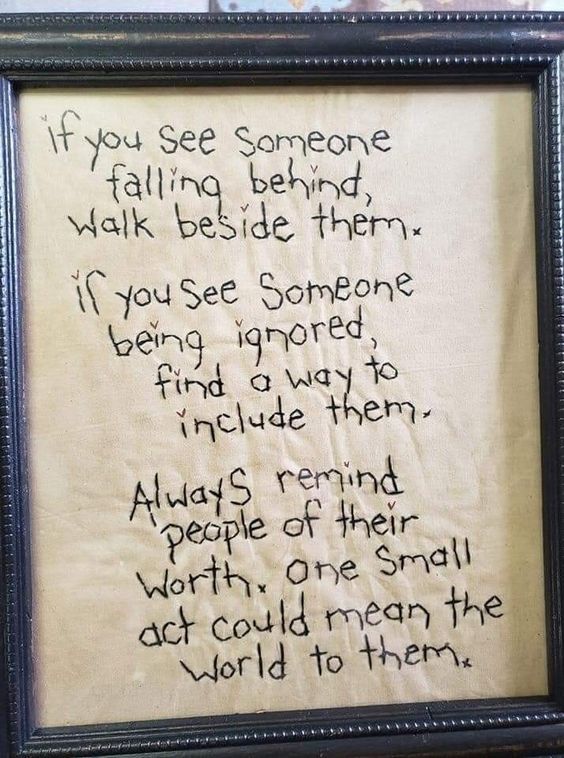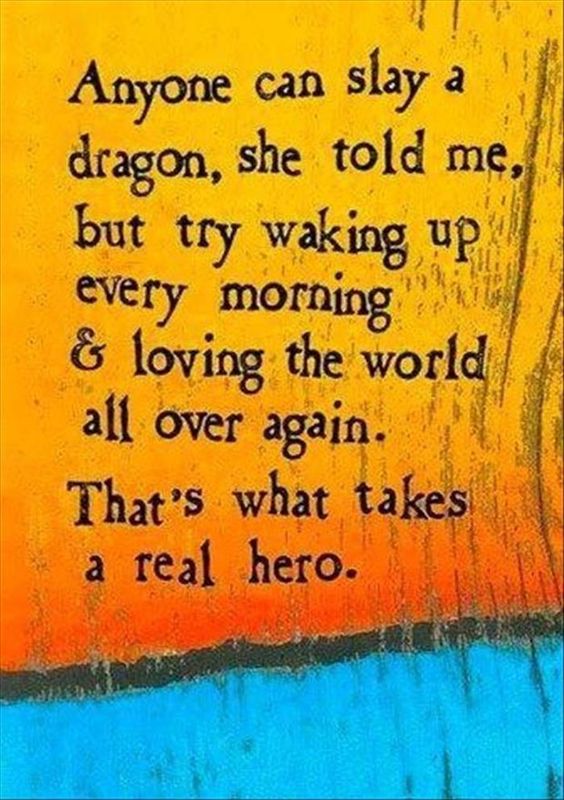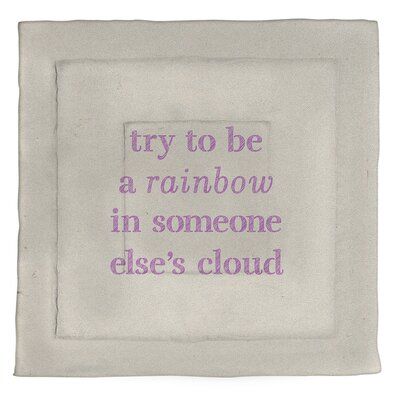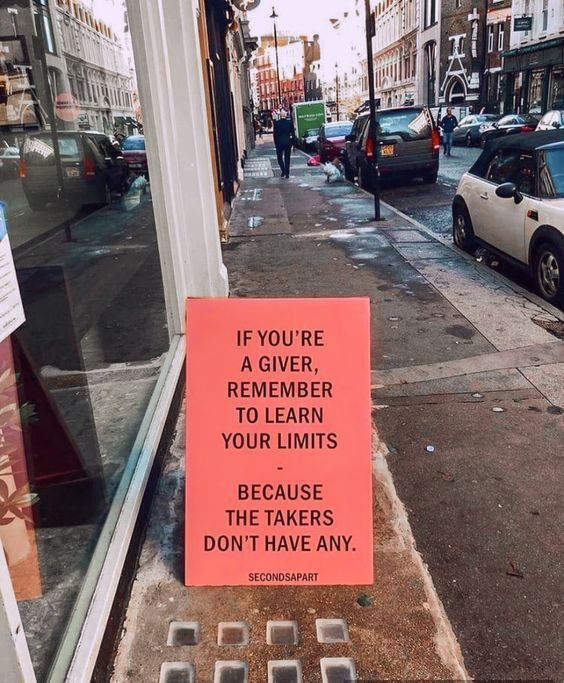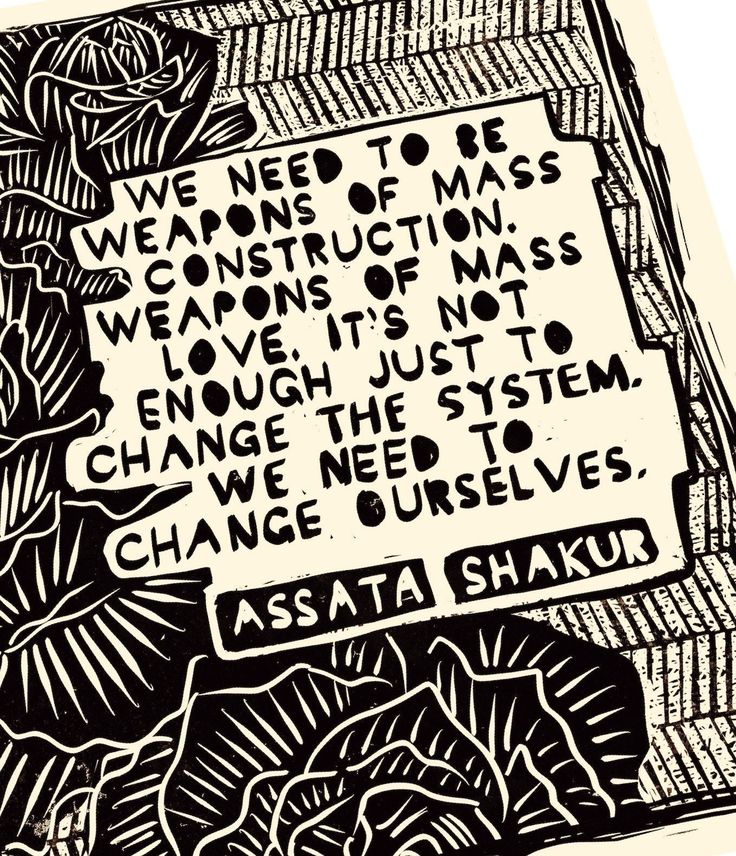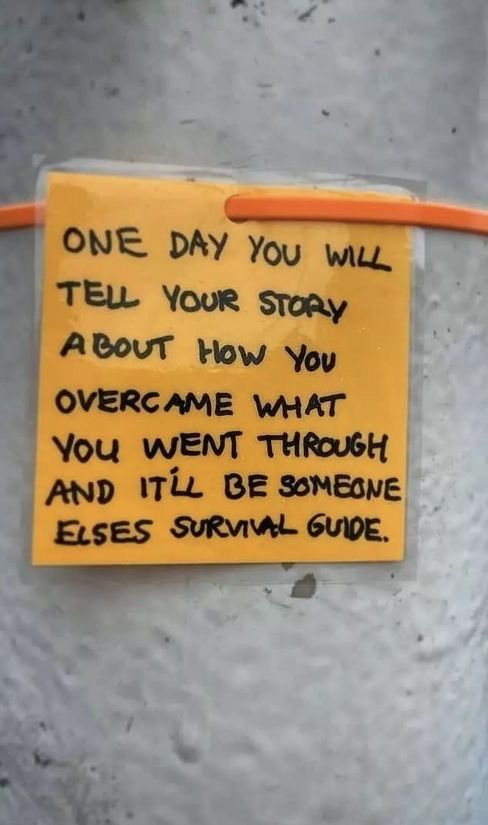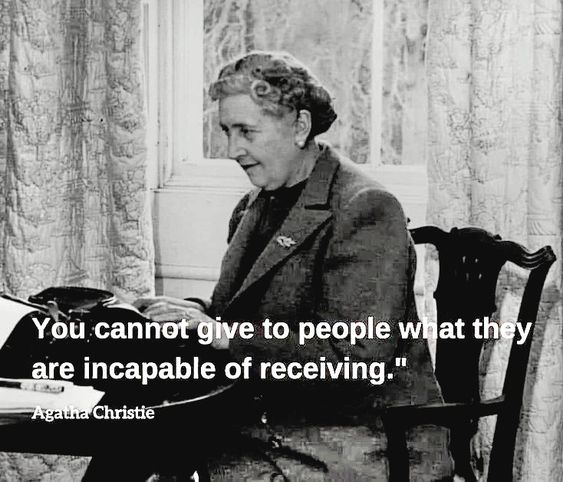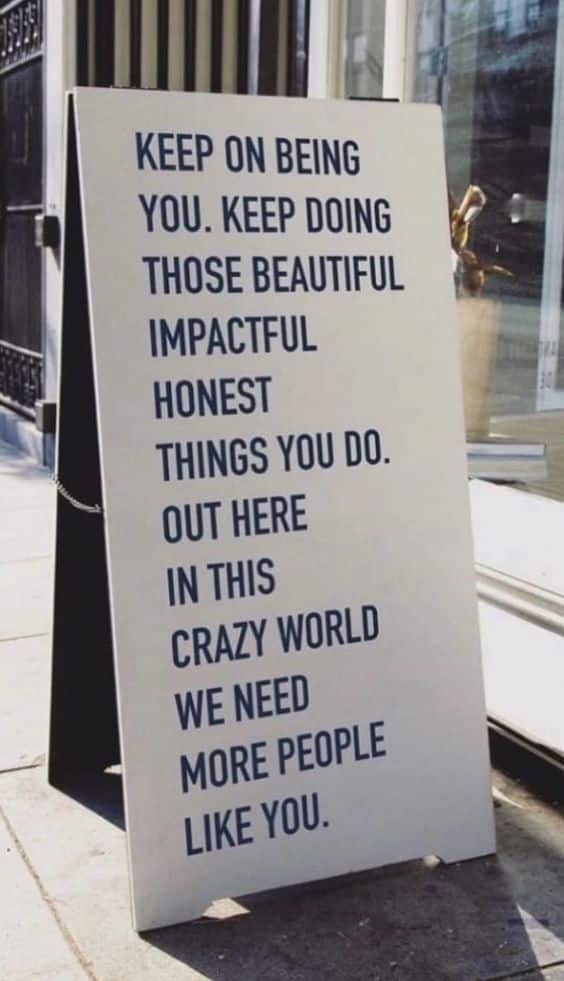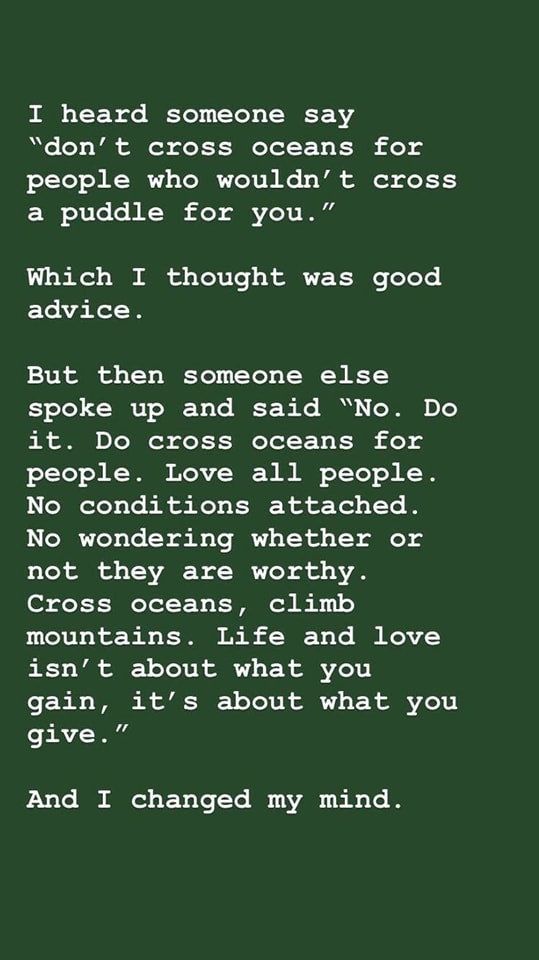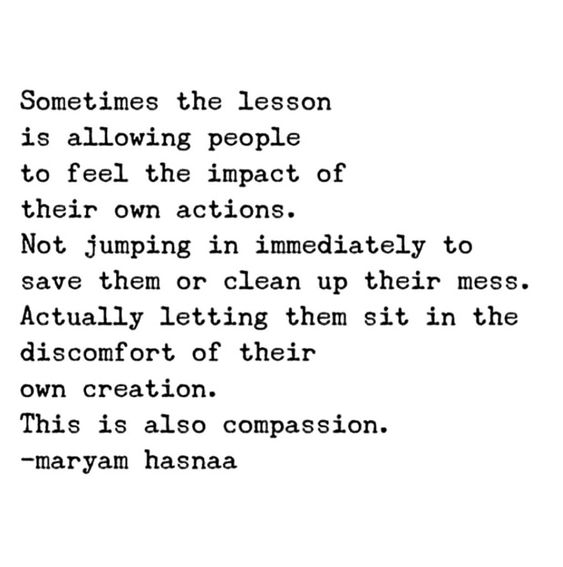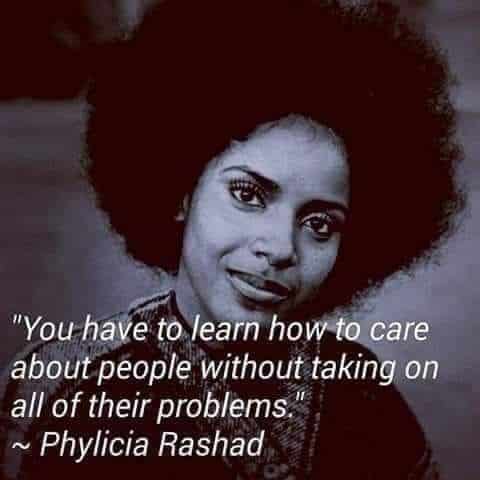“One of the luxuries of being a psychotherapist is that it helps to keep you honest. It’s a bit like remaining in treatment all of your life. It helps me to remain committed to telling and retelling my tale for the remainder of that pilgrimage that is my life. Research in self-disclosure supports my own experience that the personal openness of the guru facilitates and invites the increased openness of the pilgrim. But I operate not to help the patient, but to help myself. It is from the center of my own being that I am moved to share my tale. That it turns out to be so helpful to the patient is gravy.”
Sheldon B. Kopp, If You Meet Buddha On The Road, Kill Him! (Page 24)
“The therapist is an observer and a catalyst. He has no power to ‘cure’ the patient, for cure is entirely out of his hands. He can add nothing to the patient’s inherent capacity to get well, and whenever he tries to do so he meets stubborn resistance which slows up the progress of treatment. The patient is already fully equipped for getting well.”
Sheldon B. Kopp, If You Meet Buddha On The Road, Kill Him! (Page 4)
“When we’re in service, we’re an instrument of grace and compassion. We feel this, and sometimes it goes to our heads. But remember that whatever you are giving was given to you. When you pass it on, you can’t take credit for it.”
Jay Shetty, Think Like A Monk (Page 265)
“The problems that some of us face are mental—anxiety, depression, loneliness—whereas for many of the people in need of service the greatest challenges are more basic—food, clothing, shelter. We can heal our mental challenges by helping them with their physical needs. Service, therefore, is a reciprocal exchange. You’re not saving anyone by helping them—you need help as much as they do.”
Jay Shetty, Think Like A Monk (Page 265)
“If you’re privileged, all that I ask is this. Once, don’t take it for granted and certainly don’t waste it. Two, when you can, always, help someone who is less privileged. Three, remind underprivileged kids in your community that they don’t have to become a professional athlete or a rap artist or Instagram influencer to make it big, remind them they can become writers, scientists, teachers, hair-stylists, designers, doctors and lawyers. You don’t have to go out and start a non-profit, you don’t have to go on marches, you don’t have to change the world, you just have to change one person in it. Just once in your lifetime, look for some small way you can help someone who is less fortunate than you are. Because, to be completely candid, if you’re reading this right now you’re privileged too.”
Cole Schafer (January Black), One Minute, Please? (Page 154)
